Today, we’re proud to be taking the lead and announce an industry-wide initiative aimed at enhancing crypto education and literacy.
At Coinme, we believe that open and equitable access to bitcoin and cryptocurrencies are the only way to create fair and viable financial systems. One massive opportunity to increase the adoption and utility of cryptocurrencies is through better education. We want to help educate the world how bitcoin and crypto fit into everyday financial life, what massive opportunities crypto presents, and especially how bitcoin and crypto can help people outside of the traditional financial system.
This crypto literacy project has several major components including:
- A 17 question quiz designed to benchmark your crypto literacy level
- A State of Crypto Literacy report which you can view, download, and share at cryptoliteracy.org/insights
- A new website with educational content and tailored courses powered by CoinDesk. Check out the new site at cryptoliteracy.org
- Crypto Literacy Month! Crypto literacy isn’t a one-time thing. In order to really get more of the world involved in a financial system based on cryptocurrencies, crypto education and literacy efforts will be ongoing. November is now Crypto Literacy Month
- An industry-wide collaboration with CoinDesk, the Digital Currency Group, and Pantera Capital
- Crypto literacy is a social thing. Be sure to join us on social media and share these resources with friends and family
It started with a global survey
Sometimes, especially for those of us so familiar with bitcoin already, it’s easy to forget that bitcoin and cryptocurrencies are still new technologies. Only recently have they moved from complete frontier or fringe tech and into the sphere of the mainstream.
But despite what feels like traction — today everyone from big banks, to professional athletes, to cashiers at the local grocery store seem to be talking about crypto — a lot needs to happen before the vision of a better and more equitable financial system is completely in place.
The Coinme-led 2021 Crypto Literacy Survey was created as a means to get a baseline and check some vitals on the status of crypto awareness. In a lot of ways, this survey was modeled after a well-known (and insightful) mainstream survey of financial literacy conducted by
the Financial Industry Regulatory Authority (FINRA). The FINRA survey has five questions and is geared towards U.S. adults. Results from the FINRA survey show that only 34% of Americans can answer at least four of five basic financial literacy questions. Overtime, the survey results show that financial literacy is actually declining.
So in that spirit, the Crypto Literacy Survey was created to gauge what the world really knows about cryptocurrency. The Crypto Literacy Survey consists of 17 questions, assessing knowledge in cryptocurrency, bitcoin, De-Fi, blockchain, mining, types of wallets, NFTs and general sentiment towards digital currencies. The survey was administered by YouGov to a general population of 1,000 respondents in each country, balanced across age, gender, income and education level.
Insights from the survey, curated educational programs and a publicly accessible crypto literacy exam are available on CryptoLiteracy.org. Consumers around the world are encouraged to benchmark their cryptocurrency literacy by taking the quiz at cryptoliteracy.org/quiz. Their scores will be privately emailed to them with tailored courses provided by CoinDesk to close any knowledge gap on key cryptocurrency concepts.
Key survey findings
- Crypto literacy is low – everywhere. 96% in the U.S. and 99% in Mexico and Brazil failed the crypto literacy assessment.
- Ownership is the best teacher. Respondents that owned cryptocurrencies were twice as likely to correctly answer crypto literacy questions.
- Crypto is failing its mission of financial inclusion. Cryptocurrencies are supposed to democratize access to financial products. According to the survey results, that’s not what is actually happening. So far, cryptocurrency ownership, including bitcoin, skews toward young, wealthy, highly educated – and mostly male in the US – investors.
- Only one-third of respondents surveyed feel that purchasing crypto is easy.
- Older generations are being left behind. Like other tech trends, older respondents demonstrated less knowledge about crypto than younger respondents.The U.S. lack of crypto knowledge increased with age reaching 67% among Baby Boomers.
- Mexicans and Brazilians are more likely to buy and sell crypto in the next 6 months. Only 12% of Americans responded they were likely to buy or sell crypto in the next 6 months, compared to 30% of Brazilians and 28% of Mexicans.
- Crypto’s use case varies by geography and generation. 25% of Brazilians and one-third of Mexican respondents would use crypto to pay for goods and services. Just 13% of American respondents advised they would do so. 50% of Americans advised they would utilize crypto as a way to save for the future. Younger generations are nearly three times more likely to use crypto as a means for payments than older generations who see it as more of an investment.
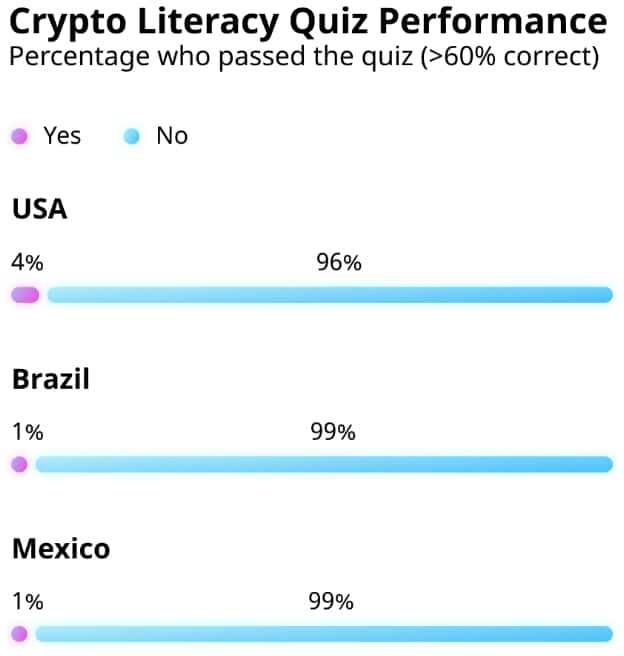
9 of 10 survey respondents lacked understanding of bitcoin’s limited supply. Bitcoin’s computer code-based economic system is what makes it so unique, and different from central banks controlled by politicians. Yet 9 of 10 survey respondents lacked understanding of the basics of bitcoin’s supply cap.
Why crypto literacy is important and how Coinme is contributing
People come to cryptocurrencies for all kinds of reasons, they come to find a better store of value, peer-to-peer payment networks, and much more.
Regardless of why people come to crypto, or even what crypto system they use, one thing that cryptocurrencies share is that they are a completely new and different way of interacting with each other and with information on the internet.
At their core, cryptocurrencies are designed to enable personal freedom and create equitable systems based on computer code. This personal freedom requires personal responsibility — whether it’s managing private keys or deciding which protocol or crypto service to support.
Personal freedom also requires education, and education requires literacy. The challenge of good crypto education is not an easy one. After all, cryptocurrencies combine finance and technology — topics that already feel dense for many.
Take the quiz, take a course, tell a friend
The first step in taking any kind of action is identifying the problem, which in this case is a lack of universal crypto literacy. The second step is to do something about it.
That’s where cryptoliteracy.org comes in. The new site, which was created in collaboration with several leading industry partners, including crypto course content from CoinDesk, is designed to help people identify their crypto knowledge gaps and then find resources to learn more.
So far, the course modules available on the site include info about:
- Bitcoin: Course content includes what bitcoin is, how it works, why it was created, and some basics on how to use bitcoin in everyday transactions
- NFTs: Non-fungible tokens are taking the world by storm. Learn more about how the are minted, how they work, and why they are so game-changing.
- DeFi: Decentralized finance provides great tools for people to invest and earn money, all without the need for traditional bank or finance infrastructure.
- Security: No crypto education is complete without covering how personal and financial security work within crypto systems.
Crypto is a global grassroots project
Bitcoin doesn’t have a marketing budget, there’s no corporate strategy for it. Instead, it has caught on because its ideas and technology have resonated with so many.
The same thing needs to happen with crypto education and crypto literacy. A more equitable and accessible financial system based on personal freedom and responsibility only comes once we all know how crypto works. It’s the best way to take advantage of all of its new opportunities.
Join in and share widely
Follow along on Twitter for crypto literacy-related updates: https://twitter.com/crypto_literacy
Do you have crypto-curious friends and family? Be sure to send them here: https://www.facebook.com/CryptoLiteracyQuiz
And you can even find crypto literacy content on Instagram: https://www.instagram.com/cryptoliteracyquiz/

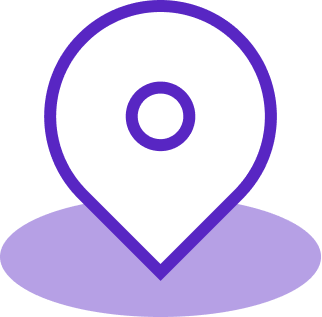
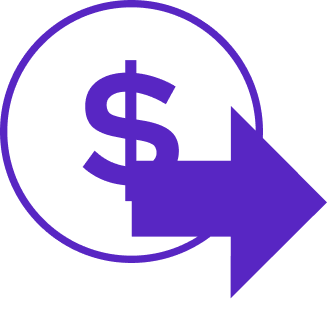
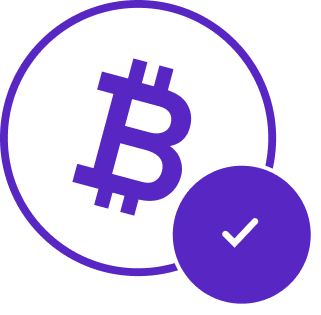
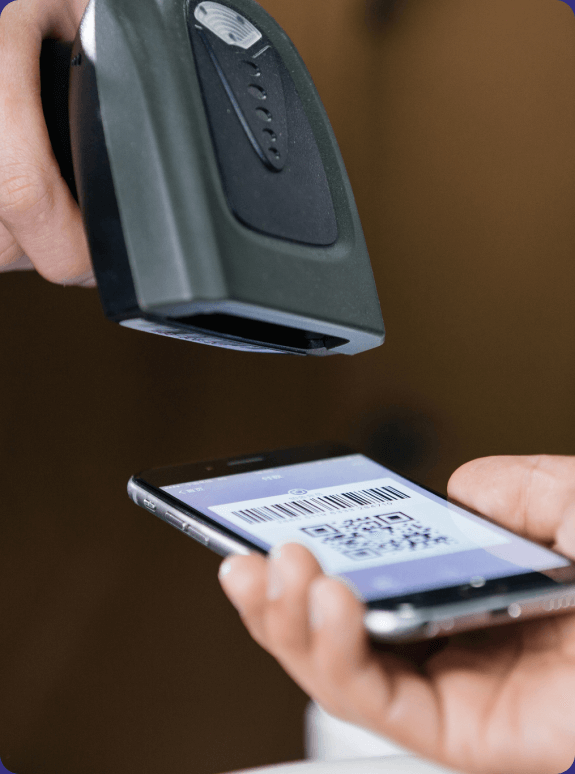
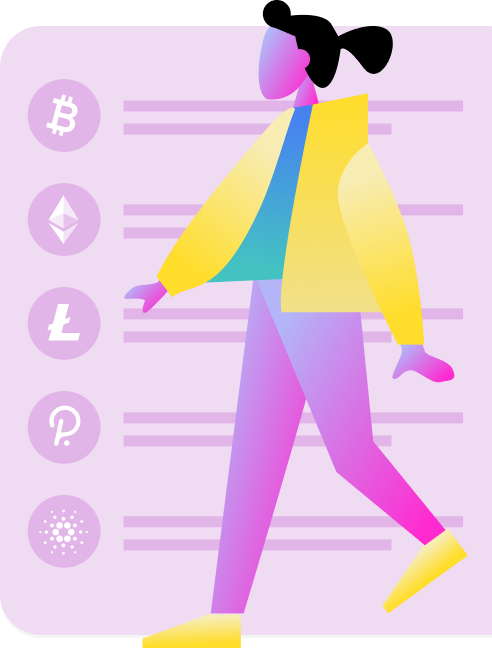
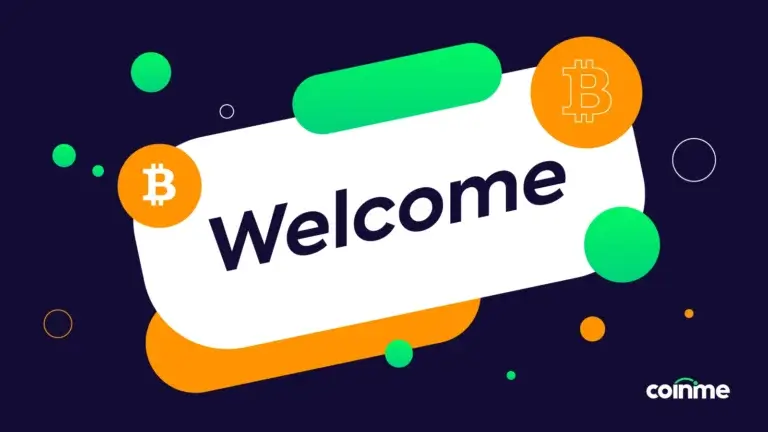
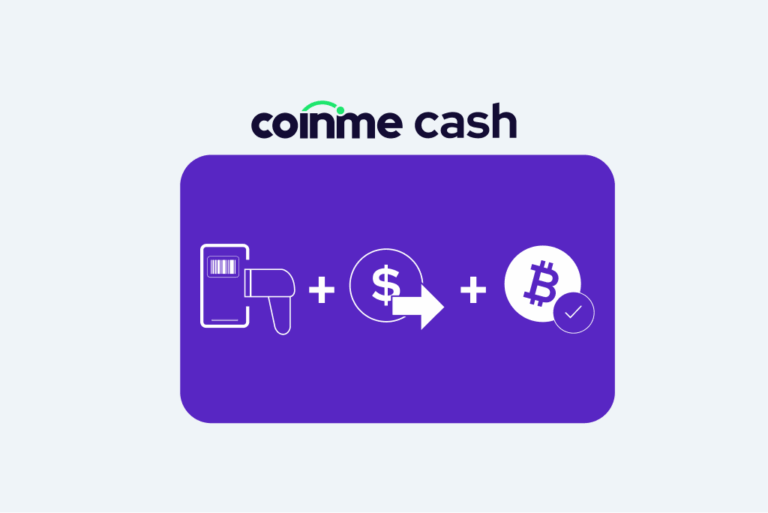
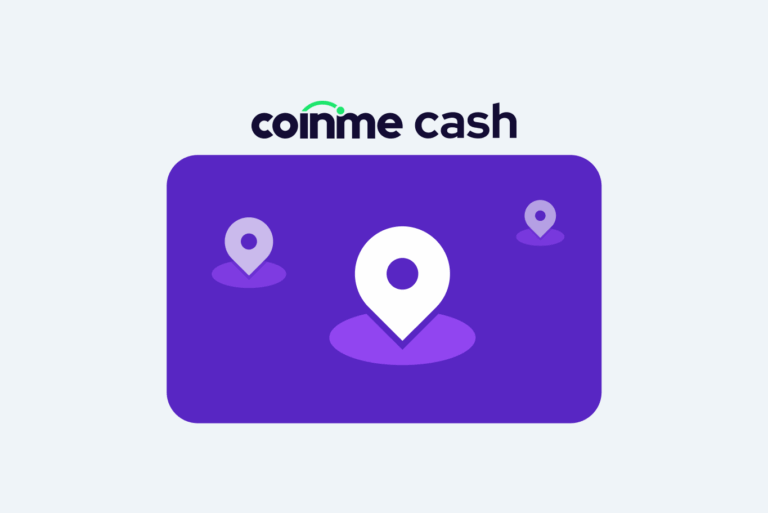
 Labs is acquiring Coinme to power the Open Money Stack.
Labs is acquiring Coinme to power the Open Money Stack.